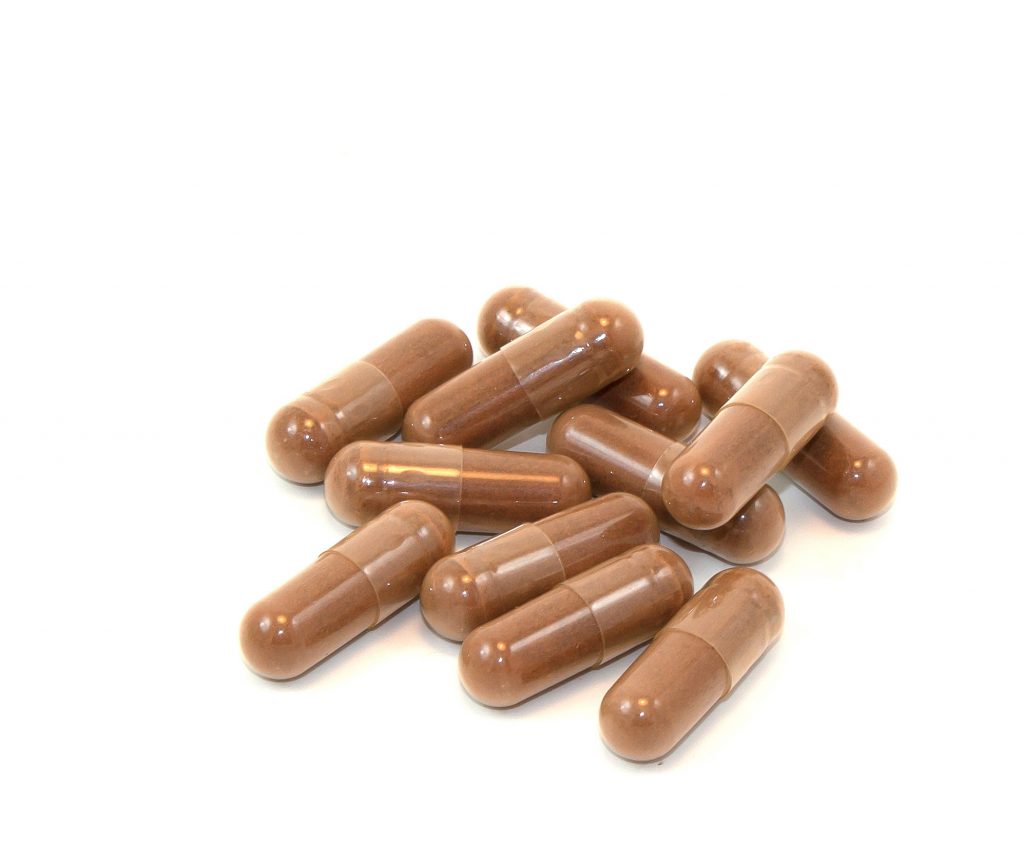The Magical Adaptogen: Ashwagandha
If you’ve ever looked into herbs and supplements to help with your stress level or out of control cortisol, you’ve likely come across the name Ashwagandha. But what is it? And what does it do?
This is a great intro to the magical plant, followed by some of the greatest health benefits people have seen while using Ashwagandha over hundreds of years!
Ashwagandha, the magical herb, is considered to be a nature’s gift to mankind. For centuries, Ayurvedic medicine has used it to treat people for their day to day woes such as stress, anxiety, exhaustion, lack of sleep et al. And with an abundance of antioxidants, iron and amino acids, it’s no surprise that Ashwagandha is one of the most powerful herbs in Ayurvedic healing. It is classified as a rasayana i.e. rejuvenation in Ayurveda and expected to promote physical and mental health, restore the body and increase longevity. It has been glorified over time for its dual capacity to energise and calm at the same time.
But what exactly is Ashwagandha? It is a small shrub with yellow flowers and a red fruit, native to India, North Africa, and the Middle East. The extract is typically taken from the berries or roots of the plant. The Sanskrit term Ashwagandha translates to “smell of horse”, and rightly so. Traditionally, it is believed that a person who consumes this herbal medicine will gain horse-like strength and vitality. It is also referred to as Withania Somnifera(Latin name), Indian Ginseng or Winter Cherry. Dr Ashutosh Gautam, Clinical Operations and Coordination Manager at Baidyanath says, “Ashwagandha can be taken in the form of powder or tablet. For added benefit, it can also be put in to Kashmiri kahwa, which is a green tea. Ashwagandha has hormone balancing, anti-inflammatory, antioxidant properties which can prevent and treat a number of diseases.
It is popularly used for boosting immunity, anti-ageing, joint pain and insomnia. Due to its active ingredient called withanolides, Ashwagandha is also used as an “adaptogen” to help the body cope with daily stress, as a general tonic and for improving thinking ability. It also improves the brain’s memory functions like attention and concentration, hence helping with the symptoms of Parkinson’s, Alzheimer’s and other neurodegenerative diseases. It enables the body to reserve and sustain vital energy throughout the day while promoting sound, peaceful sleep at night.” These varied benefits are what makes Ashwagandha a go-to choice in Indian herbal medicine.
– via food.ndtv.com
Top Benefits Of Ashwagandha
Wondering what this “magical herb” can do for you? There are tons of benefits that have been seen and studied for years, but one of the most important to remember is Ashwagandha’s ability to help your body deal with stress and fight off the physical stress symptoms, keeping you feeling better, lighter, and more resilient in your daily life.
Anti-Inflammatory Properties:
Ashwagandha has been found to be effective in dealing with a variety of rheumatologic problems. The herb is known to act as a cyclooxygenase inhibitor that decreases inflammation and pain. The research conducted at the Los Angeles College of Chiropractors suggests that Ashwagandha has anti-inflammatory properties that come from the alkaloids, saponins, and steroidal lactones found within it.
Antibacterial Properties:
According to Ayurvedic medical texts, Ashwagandha is effective in controlling bacterial infections in humans. A study conducted at the Centre for Biotechnology at the University of Allahabad in India showed that Ashwagandha possesses antibacterial properties in accordance with that traditional belief. It also concluded that Ashwagandha was effective in urinogenital, gastrointestinal, and respiratory tract infections when consumed orally.
Cardio-Protective Properties:
Ashwagandha, with its anti-inflammatory, anti-oxidant, and antistressor properties, is good for cardiovascular health problems. It strengthens the heart muscles and can also control cholesterol. A study at the University of Arizona indicated that it possesses hypolipidemic properties bringing down blood cholesterol levels.
Anti-Depressant Properties:
In India, Ashwagandha has been traditionally used in Ayurveda to improve both physical and mental health. The effects of Ashwagandha on mental health, particularly in depression, were studied at the Institute of Medical Sciences at Banaras Hindu University in India. The study supported the benefits of Ashwagandha in relation to anxiety and depression.
Fights Diabetes:
Ashwagandha has long been used as a remedy for diabetes in Ayurvedic medicine. Research on the use of Ashwagandha in the treatment of diabetes indicated positive results. Experiments showed that blood sugar levels during fasting and post-lunch decreased significantly when Ashwagandha was comsumed for a period of four weeks.
Relieves Stress:
Ashwagandha is also believed to possess anti-stress properties. Traditionally, it had been administered to induce a soothing and calming effect on a person. The active ingredient that is responsible for this activity is still unknown, but various anti-stress properties have been observed in research experiments. The results of the study showed that Ashwagandha led to significant reduction in levels of stress in animals put under extreme temperature variations.
Antioxidant Properties:
Ashwagandha is a very good source of antioxidants. These antioxidants are very effective in scavenging and neutralizing free radicals produced during the process of metabolism.
Increased Blood Production:
Haematopoiesis is the process of producing new blood. According to research, Ashwagandha possesses hemo-poetic properties. The study showed that red blood cell and white blood cell counts increased significantly in rats which were administered with Ashwagandha. This could mean a positive effect on human red blood cells as well, thereby helping to prevent conditions like anemia.
– via Organic Facts
Have you ever taken Ashwagandha? What changes did you notice?
